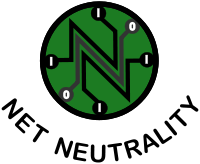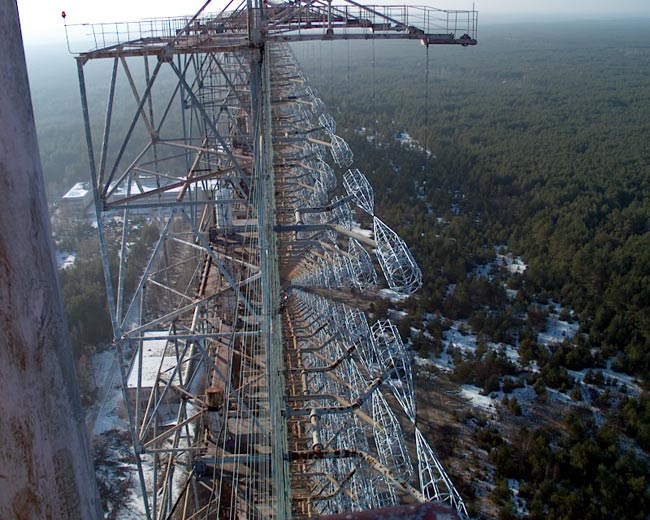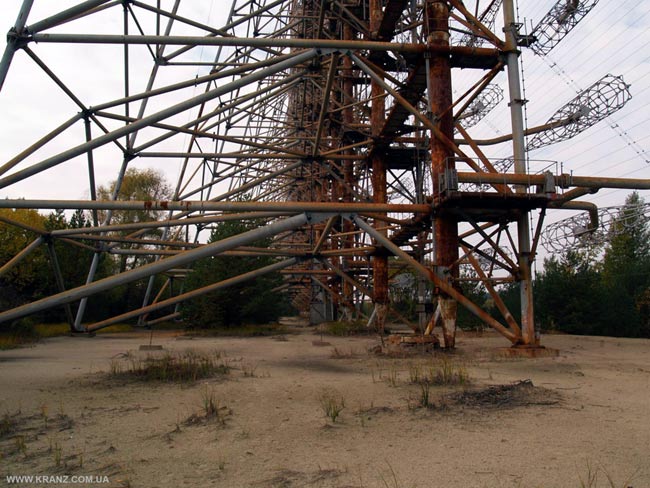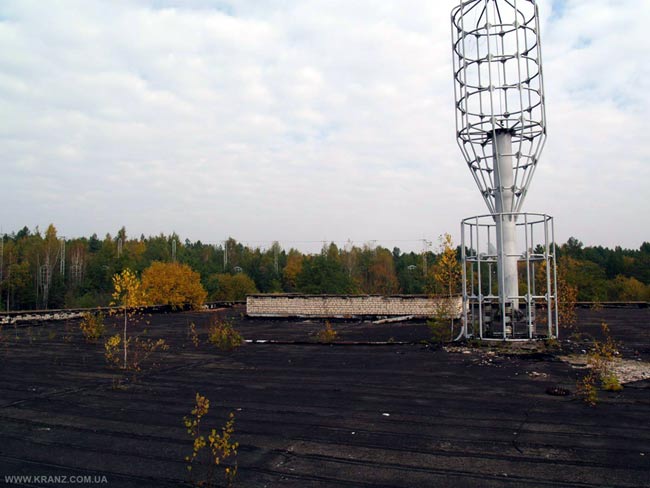One of the unfortunate signs of the times is the increased theft of valuable materials. Copper, while not as expensive as it once was, still fetches a fair amount at the scrap dealer. One local telephone company has been having a difficult time keeping its aerial cables intact in certain areas. For radio stations, the situation is compounded by remote transmitter sites with lots of copper transmission lines and buried ground radials around AM towers. Reduced staffing levels also mean that the weekly trip to the transmitter site is now every two weeks or perhaps once a month or even less.
Sites that are not visited or monitored very often are prime targets for copper theft. Forget asking the local constabulary to patrol more often, the few times I tried that I was met with a blank stare.
A few common sense type things that I have learned over the years may keep your site intact:
- Keep up appearances. A neglected transmitter site is more likely to attract the wrong type of attention from the wrong type of people. Clean up any rubbish, dead equipment, keep the weeds and trees cut down, etc. If a site looks well tended and is often visited, a thief may think twice about lifting valuable metals.
- Along with #1, keep things buttoned up. Secure all transmission lines to ice bridges, remove any deadlines, etc. If there are ground radials poking out bury them, same with ground screens, copper straps, etc. Out of sight, out of mind, leaving this stuff exposed is asking for somebody to come along and give a tug.
- Fences and locks. Towers are required to be fenced and locked to prevent electric shock hazards. It is also a good idea to fence the building, generator, and fuel tank if possible.
- Post all sorts of warning signs, RF warning, high voltage, no trespassing, under video surveillance, pretty much anything to deter trespassing and vandalism.
- Add video cameras with a video recording device since most theft occurs during non-working hours. Last year, the company I used to work for traded a video surveillance system for the studio location.
- Compensate a neighbor to keep an eye on the place and call you if they see any suspicious activity. It doesn’t even have to be money, I once worked out a deal with a neighbor for some T-shirts and CDs. That was the best alarm system we ever had.
In the long run, keeping all the copper parts where they belong is a great way to avoid those annoying “the station is off the air” phone calls not to mention the expense of replacing damaged transmission and ground systems.






